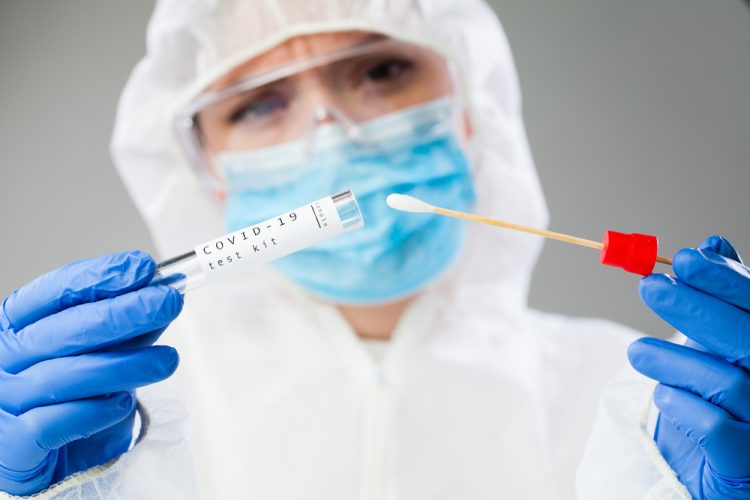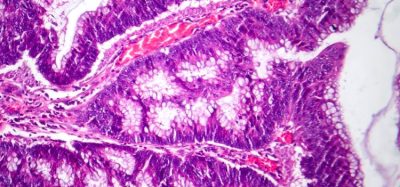Roche to acquire TIB Molbiol Group to expand PCR-test portfolio
Posted: 9 September 2021 | Anna Begley (European Pharmaceutical Review) | No comments yet
Roche signs a definitive share purchase agreement with TIB Molbiol Group to expand PCR-test portfolio against infectious diseases.


Roche has announced that it has signed a definitive share purchase agreement to acquire 100 percent of the outstanding shares of the TIB Molbiol Group. Closing of the transaction is subject to customary conditions and is expected in the fourth quarter of 2021.
According to Roche, the acquisition will enhance its broad portfolio of molecular diagnostics solutions with a wide range of assays for infectious diseases, such as the identification of SARS-CoV-2 variants. TIB Molbiol’s portfolio of over 45 CE-in vitro diagnostic (IVD) assays and >100 research use assays are already available on Roche’s large installed base of LightCycler PCR systems and MagNA Pure sample preparation systems.
TIB Molbiol is a manufacturer of custom oligonucleotides and has partnered in the development of molecular diagnostics and built a broad portfolio of diagnostic assays, in particular for inherited genetic as well as somatic mutation testing, quantitative assays for haematology and transplantation medicine.
The majority of these assays are used to test for infectious diseases and are available as modular kits, enabling the creation of symptomatic panels by combining assays, including emerging pathogens.
The two companies have collaborated for more than 20 years to address critical healthcare needs, such as Severe Acute Respiratory Syndrome (SARS), anthrax, avian influenza virus (H5N1), Middle East Respiratory Syndrome (MERS), the novel influenza virus (H1N1) swine, Ebola virus, Zika virus and most recently, the SARS-CoV-2 virus and its variants.
“With this acquisition, we can expand our offering of tests of existing pathogens and our response to emerging pathogens and potential health threats,” Thomas Schinecker, CEO Roche Diagnostics, stated. “At the onset of the COVID-19 pandemic, our collaboration provided the first research-use-only SARS-CoV-2 detection test that was provided in January 2020, only days after the new coronavirus was first sequenced. Together, we can further improve patient outcomes with innovative diagnostic solutions that alleviate healthcare costs.”
Related topics
Big Pharma, Clinical Development, investment, Mergers & Acquisitions, PCR assay, Research & Development (R&D), Technology, Viruses
Related organisations
Related people
Related diseases & conditions
Coronavirus, Covid-19, Ebola, Influenza, Middle East Respiratory Syndrome (MERS), SARS, Severe Acute Respiratory Syndrome (SARS), Zika virus









